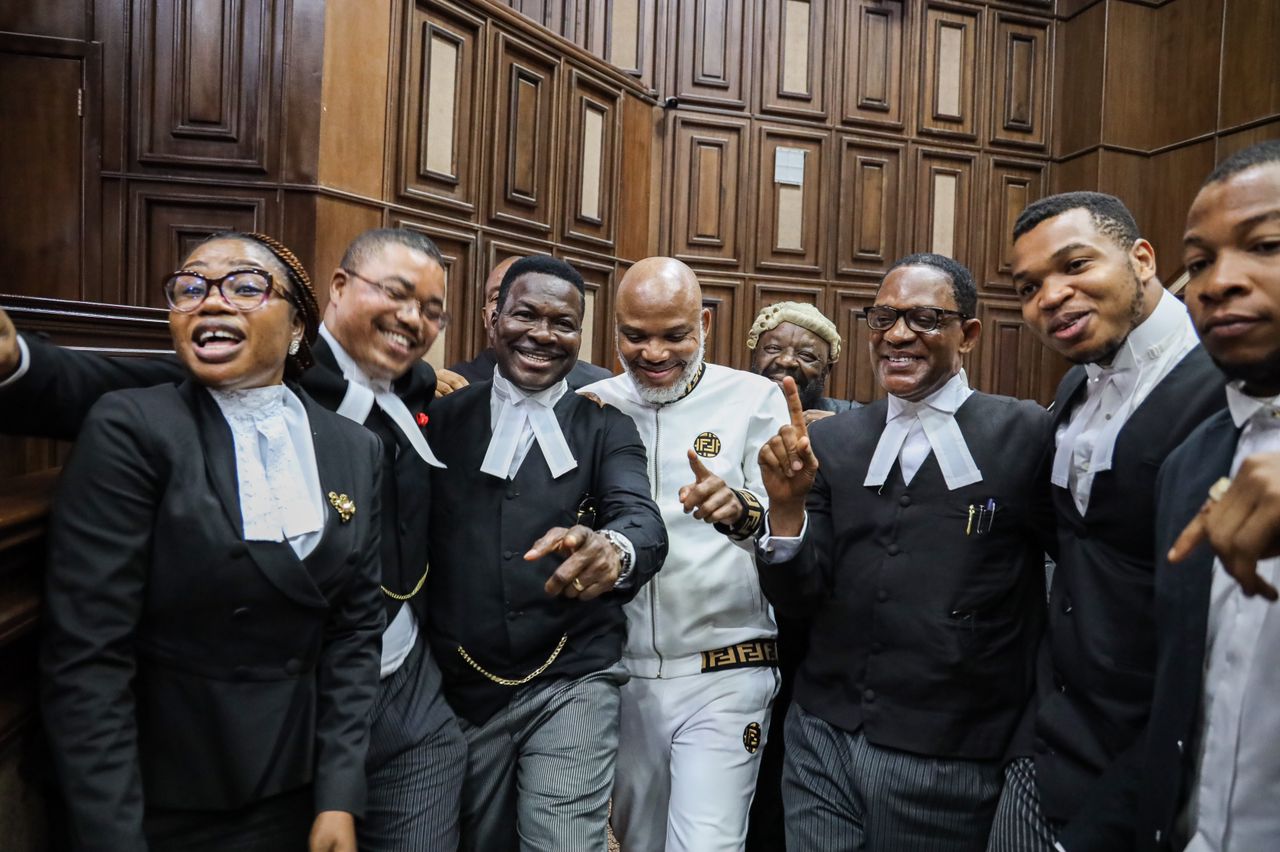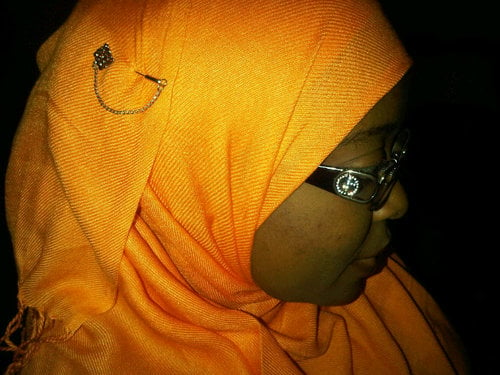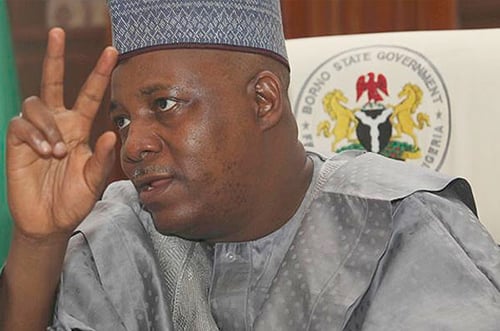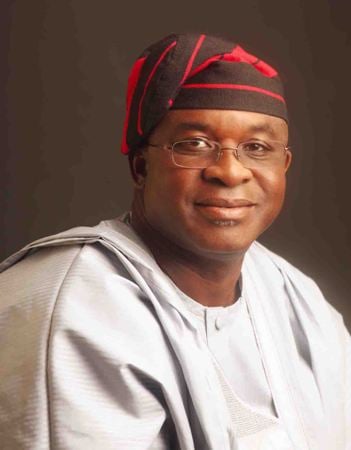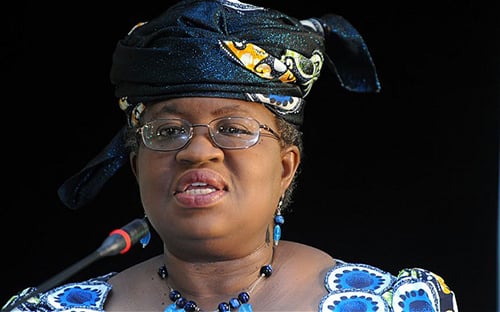The decade-long trial of Nnamdi Kanu, leader of the proscribed Indigenous People of Biafra (IPOB), reached a grim end on Thursday as a federal high court in Abuja sentenced him to life imprisonment for terrorism offences.
Kanu had dismissed his legal team and insisted on representing himself, a move that forced the court to foreclose his case after failing to enter a formal defence.
The judge convicted and sentenced the IPOB leader to life imprisonment on count 1,2,4,5 and 6. On count 3, Kanu got a 20-year sentence, while he was sentenced to five years on count 7.
Since his arrest in 2015, Kanu’s legal journey has stretched across several courtrooms, overseen by different judges and handled by a revolving door of lawyers.
Advertisement
This report traces the legal actors, the judges and defence teams who have shaped the case from the beginning.
SHUAIBU USMAN (MAGISTRATE) | VINCENT OBETTA (LAWYER)
Kanu was arrested on October 14, 2015, in Lagos, and brought before a magistrate court in Wuse Zone 2, Abuja.
On November 23, 2015, he was arraigned before Shuaibu Usman, presiding magistrate, with Vincent Obetta appearing as his counsel.
On December 16, Usman discharged Kanu after the DSS filed a notice of withdrawal, ruling that the IPOB leader be released for want of evidence.
Advertisement
ADENIYI ADEMOLA (JUDGE)
Before the magistrate court’s decision, the DSS had approached Adeniyi Ademola of the federal high court with an ex parte application (FHC/ABJ/CS/873/20015) seeking a 90-day detention order. Ademola granted the request on November 11, 2015, relying on Section 27(1) of the Terrorism Prevention (Amendment) Act, 2013.
Kanu later filed a fundamental rights application before the same court, and on December 17, 2015, Ademola ordered his release since no formal charge was pending.
Shortly after, the DSS filed a six-count charge against Kanu and two others — Benjamin Madubugwu and David Nwawuisi — alleging conspiracy, treason, illegal importation of goods and possession of firearms.
AHMED MOHAMMED (JUDGE)
The case was first assigned to Ahmed Mohammed. The defendants appeared before him on December 23, 2015, but Kanu declined to take his plea, saying he had no confidence in the court. As a result, Mohammed withdrew from the matter.
Advertisement
JOHN TSOHO (JUDGE)
The case was then reassigned to John Tsoho, who in January 2016 refused to grant Kanu bail.
IFEANYI EJIOFOR (LAWYER)
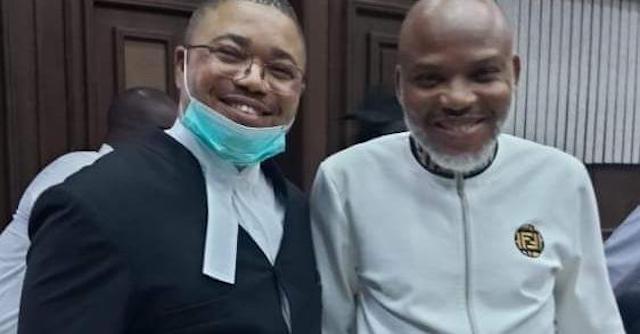
When the matter came up on January 18, 2016, Ejiofor appeared to represent Kanu.
However, proceedings stalled after Kanu’s younger brother, Emmanuel, insisted that Obetta remained the legitimate counsel, leading to a brief confrontation in court.
NNORUKA UDECHUKWU, CHUKS MUOMA, OTHER LAWYERS
On January 29, 2016, Kanu wrote to the court naming Chuks Muoma (SAN) and Ifeanyi Ejiofor as his lawyers, excluding Nnoruka Udechukwu (SAN), who had argued his bail application, and Vincent Obetta.
Udechukwu, who described the development as “the biggest embarrassment since my 20 years in the inner bar”, withdrew his appearance alongside another SAN, Joe Agi. Obetta and several other lawyers also withdrew.
Advertisement
BINTA NYAKO (JUDGE)
Tsoho withdrew from the case in September 2016 after a petition was filed against him at the National Judicial Council. The matter was reassigned to Binta Nyako.
On March 1, 2017, Nyako struck out six of the 11 counts — counts 3, 5, 7, 9, 10 and 11 — relating to terrorism, improper importation of goods and managing an unlawful society.
Advertisement
She retained counts 1, 2, 4, 6 and 8, which bordered on conspiracy to commit treasonable felony and related offences.
On April 25, 2017, Nyako granted Kanu bail on health grounds. He was released less than two weeks later after meeting the terms.
Advertisement
At the resumed hearing on October 17, 2017, Kanu was absent. Ejiofor told the court that “ever since the army raided his home on September 11 and 14, 2017, we have not seen the first defendant. I cannot tell if he is dead or alive.”
Kanu’s bail was later revoked and he was declared wanted.
Advertisement
On June 29, 2021, the attorney-general of the federation announced that Kanu had been rearrested and returned to Nigeria. His trial resumed before Nyako.
On February 10, 2025, Nyako adjourned the case indefinitely after Kanu insisted she would no longer preside.
MIKE OZEKHOME (LAWYER)
In January 2022, Ozekhome (SAN) took over as lead counsel. Ejiofor and several others remained part of the expanded legal team.
However, in June 2023, Kanu’s family announced the disengagement of both Ozekhome and Ejiofor.
ALOY EJIMAKOR (LAWYER)
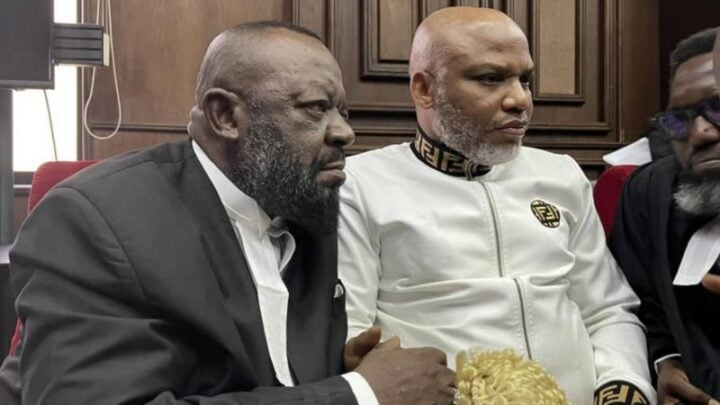
Ejimakor, who had long identified as Kanu’s “special counsel”, began leading the defence from 2023 until late 2024, working with a team of lawyers during that period.
KANU AGABI (LAWYER)
In March 2025, Agabi (SAN), a former attorney-general of the federation, assumed leadership of the defence team. His colleagues included Onyechi Ikpeazu, Paul Erokoro, Joseph Akubo and Emeka Etiaba.
The team withdrew on October 23, 2025, after Kanu informed the court of his intention to represent himself.
JAMES OMOTOSHO (JUDGE)
The case was reassigned to James Omotosho in March 2025, and on March 21, Kanu took a fresh plea before him.
Omotosho convicted Kanu on all seven counts of the charge on November 20, 2025.
